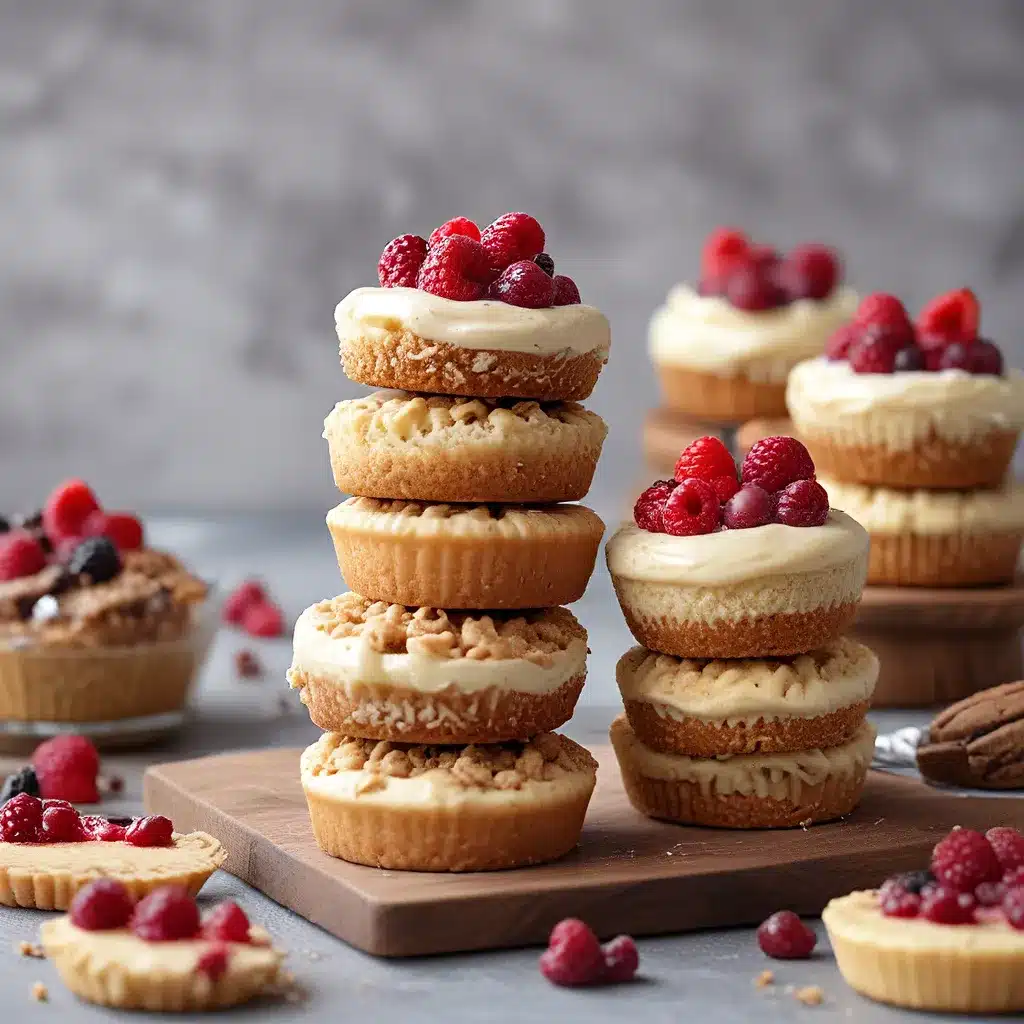
As the holiday season approaches, the temptation of decadent desserts and irresistible treats becomes increasingly hard to resist. It’s a time when indulging in these delights is not only accepted but often encouraged. But at what cost? The concept of binging on sweets and pastries, often to the point of discomfort, poses a serious question: Can we truly consider it a treat if the consequences are sickness and fatigue?
Understanding the Cultural Roots of Holiday Indulgence
Why do we, as a society, so readily accept the notion of unhealthy binge eating during the holidays? I often hear people plotting and calculating exactly how much they can consume of the foods they know will make them sick, all in the name of celebrating. Doesn’t this sound more like a recipe for self-destruction than a true celebration? Even in my own journey, I admittedly fell into this pattern in the past.
The historical and cultural roots of this phenomenon can provide some insight. Historically, many cultures had feasts to celebrate the harvest, a time of abundance when fresh produce was plentiful, and people could eat more than usual. Over time, these harvest festivals evolved into the various holiday celebrations we see today.
In many religions, feasts play a crucial role as well. For example, Christians have Christmas, where traditional meals are a central part of the celebration, and Muslims have Eid al-Fitr, a feast marking the end of fasting during Ramadan.
Food has long been a central element of cultural identity and celebrations. Sharing a meal is a way to foster community and family bonds, which are especially emphasized during holidays. In some historical contexts, the ability to provide a lavish meal was even a sign of wealth and social status, making holidays an opportunity to display this wealth.
The Psychological and Commercial Factors at Play
Holidays can also hold deep psychological significance for people. Binge eating during these times may be a way of coping with stress, seeking comfort, or indulging in nostalgia. The emotional weight attached to holidays can contribute to the temptation to overindulge.
Moreover, the commercialization of holidays in contemporary times has played a significant role in encouraging overconsumption. Food and drink industries have become adept at marketing holiday-specific items that appeal to our cravings and desire for indulgence.
There are also social expectations at play, where the expectation to eat and enjoy food during holidays can lead to overindulgence as part of the festivities. In many modern societies, food is more accessible and abundant than ever before, further amplifying the temptation to binge on treats that are otherwise considered occasional indulgences.
Breaking the Cycle of Guilt and Deprivation
Enough is enough. You can enjoy the holidays without sacrificing your health. We can walk alongside you with the right products, resources, books, and community to help you break this pattern of guilt and deprivation once and for all. You are not alone. You are strong enough and capable enough to take back control of your diet and your life, starting today.
It’s time to redefine our approach to holiday indulgence. Why is it so acceptable to go from absolute food gorging to food deprivation in January, even though it is rarely successful? This cycle of guilt and deprivation is often seen as a cultural norm, despite the acknowledged fact that many dieting resolutions are not maintained long-term.
Embracing a Balanced and Sustainable Approach
The key is to find a balanced and sustainable approach to enjoying the flavors and traditions of the holidays without compromising your health and well-being. This doesn’t mean depriving yourself of the treats you love or feeling guilty for indulging. Instead, it’s about finding ways to indulge mindfully and guilt-free.
One powerful strategy is to explore guilt-free dessert and treat options that satisfy your cravings without the negative consequences. This could involve experimenting with healthier ingredient substitutions, portion control, or even discovering new recipes that provide the same level of indulgence without the guilt.
By embracing this balanced approach, you can reclaim the joy and celebration of the holidays, without the lingering feelings of regret or self-loathing. It’s about finding a way to savor the flavors and cherish the memories without sacrificing your health and wellness.
The Path to Sustainable Indulgence
The journey to sustainable indulgence may not be a straightforward one, but it’s a journey worth taking. It requires a shift in mindset, a willingness to experiment, and a commitment to your overall well-being. But the rewards are immeasurable – the ability to enjoy the holidays without the guilt, the confidence to navigate the temptations with ease, and the freedom to create new traditions that nourish both body and soul.
As you embark on this journey, we’ll be here to support you every step of the way. Together, we can redefine the concept of indulgence, transforming it into a celebration of balance, self-care, and the pure joy of savoring the flavors we love.
So, let’s raise a glass (or a guilt-free dessert) to a holiday season filled with mindful indulgence, cherished memories, and a renewed sense of wellness. The journey to sustainable indulgence starts now.

